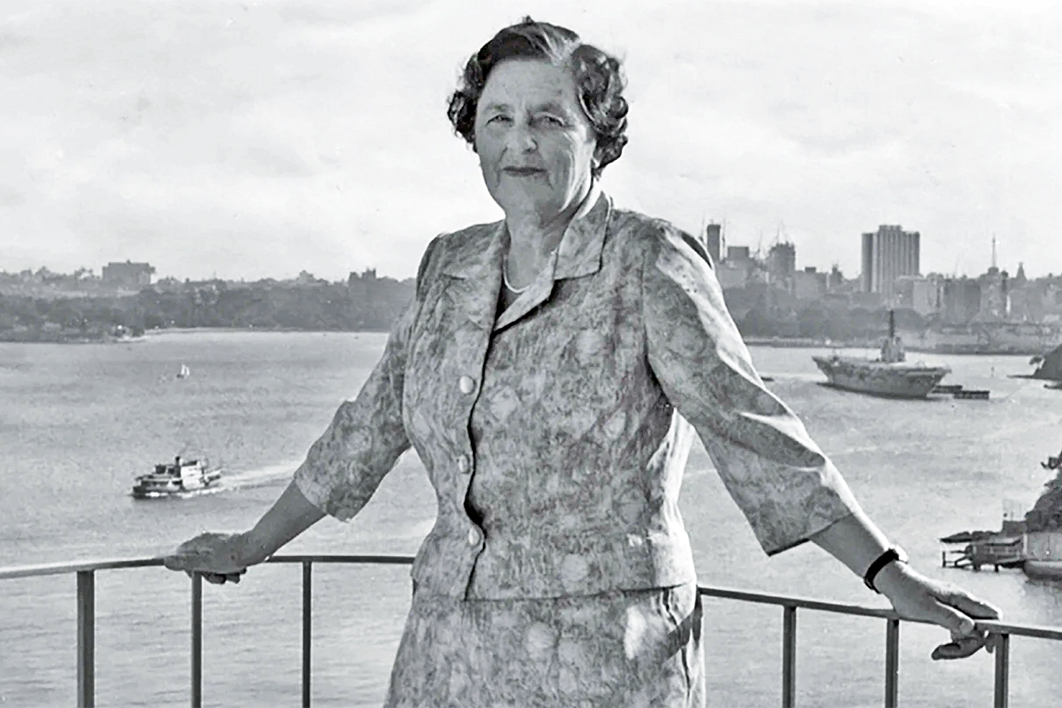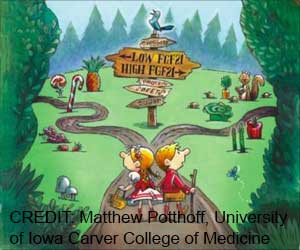
These days it seems like there are seventeen different issues crying out for our attention and giving people anxiety at any given time. Dr Claire Weekes (author of Hope and Help For Your Nerves), who was an Australian psychiatrist who lived between 1903 and 1990 had some ideas on how to deal with such anxiety.
Doctor Claire Weekes Coined The Term ‘Nervous Illness’ Which Today Is Commonly Known As Health Anxiety.
Honestly though, the wording gets changed by professionals so often that it’s hard to keep track. Claire Weekes was the original pioneer of this inner challenge relating to the sensitivity towards bodily symptoms of anxiety, and the panic that accompanied it. Let’s look at the lessons we can take from this great teacher:
1) Anxiety Is Not A Flaw
Many people seem to think that anxiety is an inherently bad thing. That we need to suppress it or try and run away from it. Claire Weekes believes otherwise and theorizes that people should face their anxiety instead of trying to suppress it. They should see it as a function of their nervous system rather than some inherent flaw in how they feel. This is where body centred healing can make such a big difference.
If the sub system of the autonomic nervous system known as the sympathetic system is activated consistently it will affects our judgements. These judgements and interpretations can be towards our own bodily symptoms or fears in the external world. This understanding can also help us divert our focus away from thinking that we are flawed because of anxiety, we are not.
2) Prolonged Sensitization Amplifies Negative Conditions
Dr Claire Weekes defines sensitization as “a state in which nerves are conditioned to react to stress in an exaggerated way; that is, they bring unusually intense feelings when under stress, and at times with alarming swiftness.” Severe levels of sensitization can lead to the negative symptoms that are associated with anxiety: sweaty palms, increased heart rate, dizziness and depersonalization, pressure headaches and so on.
These sensations can make us think that we are under imminent physical danger.
So we fight for our survival at every turn leading to more sensitivity towards our anxiety sensations. This cycle continues until something is done that leads to less fighting, and more accepting and cooperating. The result is mastery over our mental health.
3) Face Your Anxiety To Let It pass
In order to help this anxiety to pass, Claire Weekes claimed that people needed to face it. Acknowledge that it is there. Instead of running away or trying to suppress it, they should accept what is taking place. Be aware that it is a natural reaction to the aforementioned sensitization.
Regardless of how this is accomplished, it is necessary to make sure that the anxiety is not crippling. Taking a second to measure breaths (this YouTube video will help), relaxing the muscles or focusing on a calmer aspect of the environment can all help with facing the symptoms. Being afraid of the symptoms of anxiety can lead to even worse bouts of those symptoms.
She reminds us that fear leads to an even deeper hole that makes one think they cannot get out of their state of anxiety.
4) Impatience and Bewilderment Can Lead To More Anxiety
The process of facing these symptoms of anxiety can be a long and tough one. At times, you may be confused about where your anxiety is coming from. Dr Claire Weekes names this confusion as bewilderment, as it is when they are trying to locate the source of their anxiety. Where is it coming from? How do they rid themselves of the symptoms?
This bewilderment then leads to the aforementioned fear. In order to make this fear, bewilderment and overall sensitization pass, one must remain patient. The more we face the roots of our anxiety, the more normalized and less impactful it becomes.
5) Psychoanalysis Doesn’t Work That Well On Its Own
Psychoanalysis was a big factor during Dr Claire Weekes’ time. Sigmund Freud had taken the world by storm with his studies, and psychoanalysis was being widely studied. Yet, Weekes decided that it should not take intense studies of childhood to discover modern anxiety. In this, she was rather revolutionary and has led to many new fields of study that deal with anxiety.
Today, in modern teachings such as NLP (mentioned in detail in my latest book) there are times when the practitioner only temporarily visits childhood memories, in order to resolve them. The discharge of energy and emotion along with a new interpretation of past traumas arise through brief visits into the past, but certainly an overemphasis on talking about it and consciously digging deeper doesn’t seem necessary or effective anymore.
There are many lessons we can take from Claire Weekes as to how to approach our healing.
This journey towards healing anxiety, as she mentions in her books can be messy at time. But it should never deter the individual from learning from their setbacks and applying a new approach the next time. There is no such thing as failure, only feedback. This is the key mindset to long term healing and lessened managing of our anxiety symptoms.
Claire Weekes taught me that I was more capable and courageous than what my health anxiety led me to believe. This was a crucial turning point in my life. As I began seeing beyond my fears I began seeing beyond my artificial identity that I had created. What a freeing place that is, when a person is no longer a victim to how they feel.
What’s The Biggest Lesson Dr Claire Weekes Taught You About Anxiety? Share Below!
Join over 100k Subscribers on YouTube today – CLICK HERE
More than 850 positive podcast reviews on The Anxiety Guy Podcast on Apple – CLICK HERE
Become a part of our active support group on Facebook for anxiety sufferers – CLICK HERE




